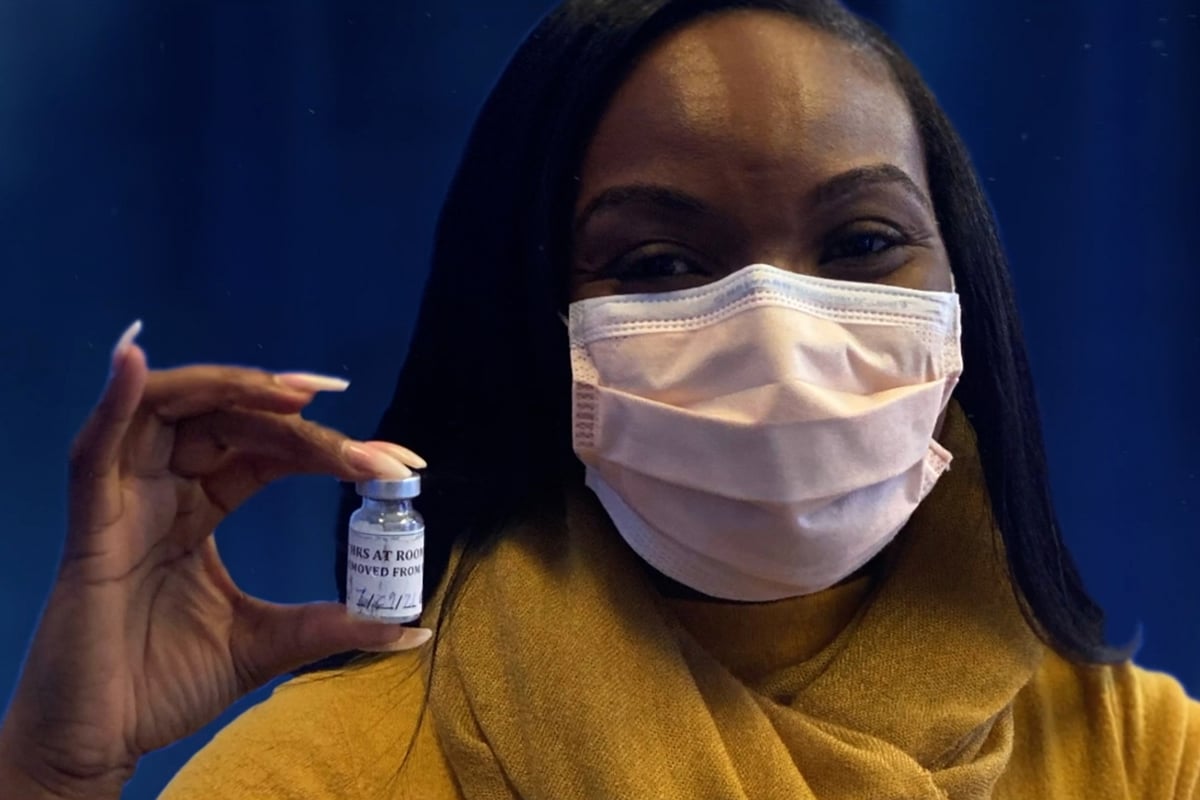
Black History Month, celebrated every February, commemorates the many, often overlooked, contributions African Americans have made to society. American historian Dr. Carter G. Woodson came up with the idea in 1926 as a way to share his love for Black history with students. Today, African American History Month, as it is also called, is one of the most celebrated cultural heritage months on the American calendar.
In 2022, the month-long observance is dedicated to the health and wellbeing of the African American community, while acknowledging the achievements of Black medical practitioners and scientific pioneers. Here are two trailblazers who have dedicated their lives to helping others.
Dr. James McCune Smith

Dr. James McCune Smith was not just any physician — he was the first African American to earn a medical degree. Though enslaved at birth, Smith was liberated in 1827 at age 14, by the New York Emancipation Act. He was one of the early beneficiaries of New York's African Free School. Founded in 1787 by governing New York elites, it aimed to prepare free and enslaved African Americans “to the end that they may become good and useful "Citizens of the State."'
Smith, who was an excellent student, aspired to become a doctor. However, he was denied admission to several American universities because of his race. Instead, he attended the University of Glasgow in Scotland in 1832. After graduating with honors and three degrees, Smith returned home to New York City in 1837 and opened the country's first African American-owned and operated pharmacy.
Smith realized that educational opportunities like the one he received were impossible for African Americans in the US, where slavery was still legal in the Southern states. Determined to change that, he joined forces with abolitionists like Frederick Douglass. He also helped start the National Council of Colored People — the first permanent national organization for Black Americans.
The prolific writer also contributed articles to medical journals and wrote numerous essays challenging the common mistaken beliefs about race, intelligence, medicine, and society in general. Smith spent the last two years of his life working as a professor of anthropology at Wilberforce College in Ohio. It was the country's first African American-owned and operated college.
Dr. Kizzmekia Corbett

Dr. Kizzmekia Corbett is one of the thousands of behind-the-scenes heroes leading the fight against the COVID-19 pandemic. The immunologist at the US National Institutes of Health (NIH) led the team of scientists that helped develop what became the Moderna COVID-19 vaccine.
Corbett's potential was first recognized by her third-grade teacher, Sue Florence. She told Rhonda Brooks, Corbett’s mother, “She’s got a gift. You’d better seek into it.” Her comments spurred Brooks to set high expectations for Corbett in school. At 15, she was selected to participate in Project SEED, a program that offers research experiences to talented high school students from underrepresented groups in STEM. Her summer at the chemistry lab at the University of North Carolina at Chapel Hill (UNC) got her hooked on the subject.
After completing a dual degree in biology and sociology at the University of Maryland, Corbett went on to earn her Ph.D. in microbiology and immunology from UNC. As fate would have it, she spent her six years at the NIH leading a research team that studied potential vaccines for other coronaviruses, such as MERS. Hence, when COVID-19 struck, Corbett and her team had the know-how to fight the deadly pandemic.
The 35-year-old recently joined the Harvard T.H. Chan School of Public Health as an assistant professor in the Department of Immunology and Infectious Diseases. While her new role entails researching new coronaviruses and other infectious diseases, Corbett's quest to end the current pandemic is far from over. She now leads the charge to educate and convince unvaccinated Americans about the safety of the vaccines.
"I’ve basically spent the last year, I guess, fighting against misinformation about the COVID-19 vaccines," she told the Associated Press. “We think that we can just say, ‘The science is good,’ and people are going to say, ‘OK, yeah, I’ll take the vaccine,' when their questions instead need greater attention."
Happy Black History Month!
Resources: Wikipediea.org, chaamp.virginia.edu, nature.com, asm.org, www.hsph.harvard.edu
